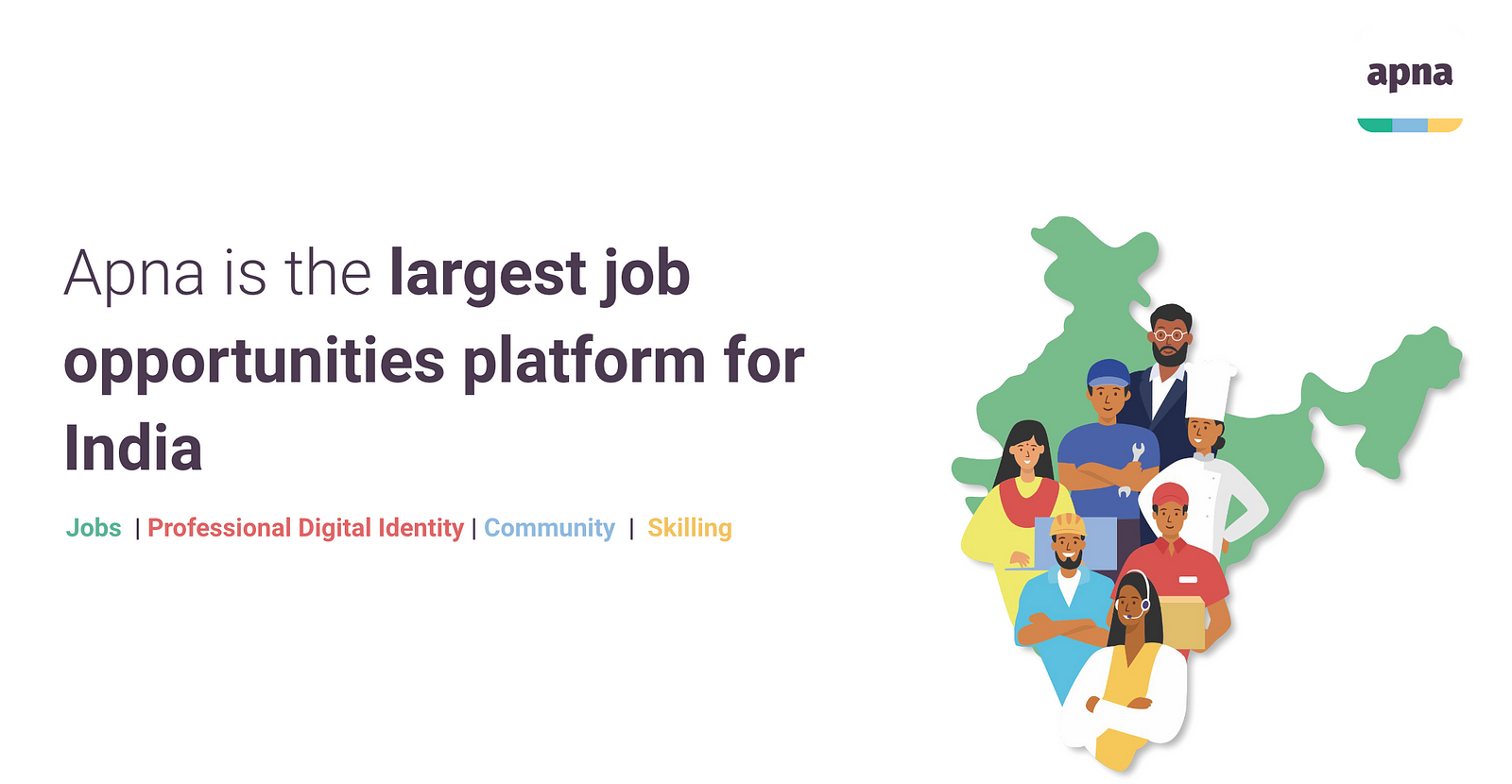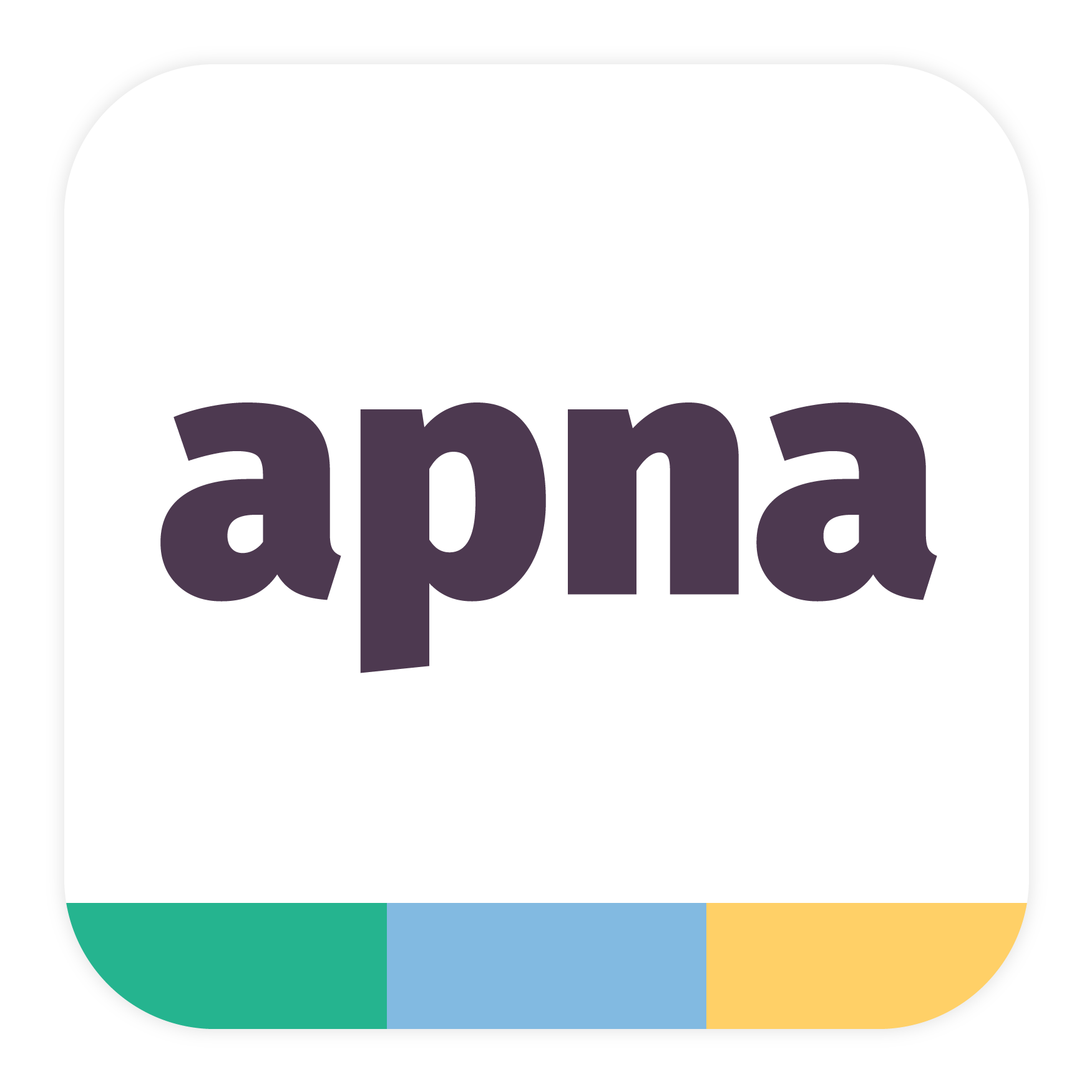Freshers Rising to the Skills-Based Economy in India, shows apna’s research

As soon-to-be graduates step out of college and dive into the job hunt, they're bombarded with advice from professors, parents, and older peers.
You know the drill: take extra courses, tap into your network for job leads, and hone those valuable skills.
Of course, everyone dreams of landing a job that pays well, promises stability, and commands respect.
Fast forward to a year later, and things are changing.
Fresh graduates are now viewing job opportunities through a skill-focused lens. When it comes to deciding which job to go for, it’s important for them to grow their skillset.
In this article, we'll share the initial findings from our study and discuss how recruiters can adapt to this shifting perspective to attract eager young talent.
Without further ado, let’s dive in.

Skills-based economy reaches a new group
In today's skills-driven job market, skills are becoming central to how companies and employees negotiate.
When employees have well-honed skills, they create value for their company. And to keep skilled employees, companies are willing to provide the job perks they crave, like flexibility.
Many different groups of workers have stepped up to the challenge.
Thanks to government programs, a whopping four crore people honed their vocational skills from 2015 to 2022.
With a competitive job market for office jobs and the constant threat of layoffs, professionals are increasingly turning to online education (edTech) to safeguard and enhance their careers.
While these skill-building efforts have received a lot of attention, there are still some untapped corners of the Indian job market.
Take, for example, recent college graduates: As they embark on their job hunt, how do they weigh the importance of acquiring new skills compared to other job prerequisites?
How do they see the roles of skills in landing their first job? We set out to answer these questions through our research.

Assessing jobs through a skills-based lens
In our research, our main aim was to figure out what makes a job truly great and then use that knowledge to help both companies and freshers find the perfect match.
To get there, we used a mix of numeric results and real-life stories. We inspected job postings, ran surveys, and had chats with recruiters and fresh-faced job seekers.
To get into the minds of these freshers and see how they perceive job opportunities, we visited colleges in the big cities, from government institutions to private ones.
We sat down with a bunch of students from all walks of academic life, with different degrees and career dreams.
What we discovered was that for many of them, the name of the game was gaining skills right out of the gate.
When we talked about what they wanted in a job, a lot of them were all about on-the-job training and informal learning, rather than just your usual perks like paid time off.
They also told us they really valued being part of a team and having a job that kept them on their toes with different tasks.
So, we dug a little deeper and asked, "Why do you prefer to work on a team versus independently?"
We were thinking they'd say they liked the social side of things.
But to our surprise what they really wanted was to work alongside a mix of colleagues, some seasoned pros and some newbies, so they could learn from each other.
And when it came to having a job with lots of different tasks, their reasoning was pretty simple: they wanted to learn by doing, and that meant picking up a bunch of different skills along the way.
One student put it perfectly when they said, “When you have skills, you can learn the details of any job.” These students knew that having skills was like having their own personal superpower.

How to attract motivated freshers
Based on these initial findings, our advice for recruiters is:
Make sure you highlight the learning opportunities that come with the job. After analyzing over 1,000 job descriptions, we were surprised to find that fewer than 5% mentioned anything about training or the chance for freshers to pick up new skills while on the job.
The good news is, you don't have to change the job itself to showcase these learning opportunities because most jobs inherently provide chances to acquire new skills.
The challenge is that these opportunities can sometimes go unnoticed by freshers who aren't familiar with the employer.
To give you a better picture, we got in touch with 1,450 recruiters who posted jobs for freshers on apna.
What we learned from their responses is that all these jobs offer some form of on-the-job training, which can range from several days to months.
Additionally, they also offer freshers the opportunity to improve their communication, organization, computer, and leadership skills through their daily tasks.
When you include information about these learning opportunities in your job postings, you'll attract motivated freshers who are eager to upskill through their work.
These individuals will put in the effort to excel in their roles, ultimately adding value to your organization.
As the job market evolves into a skills-based economy, it's not just freshers who can benefit. Companies can also take advantage of this shift, using the “opportunity to gain skills” to find freshers who are a great fit.
apna app is trusted by 4lakh+ companies and 5Crore+ happy job seekers. It helps job seekers in finding their dream job according to candidate’s convenience and offers great opportunities in various categories like telesales, marketing, business development, accounts & finance and many more.

